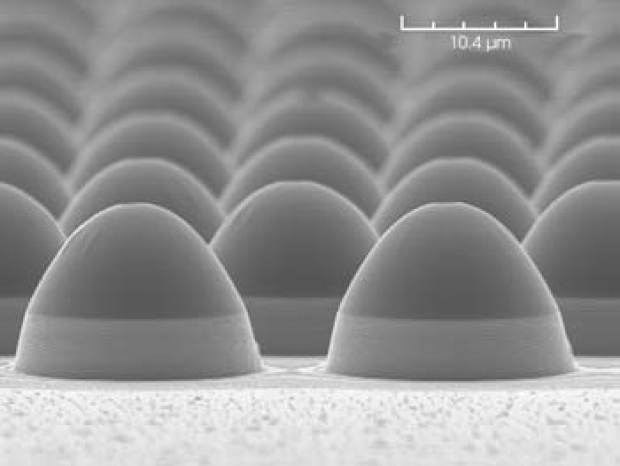According to Digitimes, which chatted to Charles Li, chairman and CEO of Taiwan-based Micro LED maker PlayNitride micro LED production is not as difficult as originally expected.
His outfit is planning to start trial production in the second half of 2017.
While the process of mass transferring Micro LEDs has often been cited as a major volume production barrier, PlayNitride has attained lab yield rates of over 99 percent in mass transferring and placing Micro LED chips, Li claimed.
It takes about 10 seconds to mass transfer 200,000 Micro LED chips in laboratory and based on the speed, it will take 10 minutes to produce a 5-inch Micro LED smartphone panel, Li said.
The key factor affecting Micro LED panel production has shifted from how to break through the technological bottlenecks to how to decrease production cost, Li noted.
A Micro LED smartphone panel will cost about US$300 which is a huge price in comparison to AMOLED's US$70-80 and LCD's US$15, Li said.
It is difficult to use Micro LED panels in smartphones for the time being - however they may end up in smartwatches, automotive transparent displays and VR (virtual reality)/AR (augmented reality) devices.
Micro LED chip sizes are about one percent of those of LED chips and allow pixel pitches to be reduced to micrometer level, making it easily for Micro LED displays to reach resolutions over 1,500ppi, much higher than 400ppi for Retina LCD displays.
US-based LuxVue Technology, which has been acquired by Apple, owns a technology patent for mass transfer based on static absorption. US-based eLux, of which Foxconn Electronics and Sharp are shareholders, applies fluid dynamics to mass transfer.




